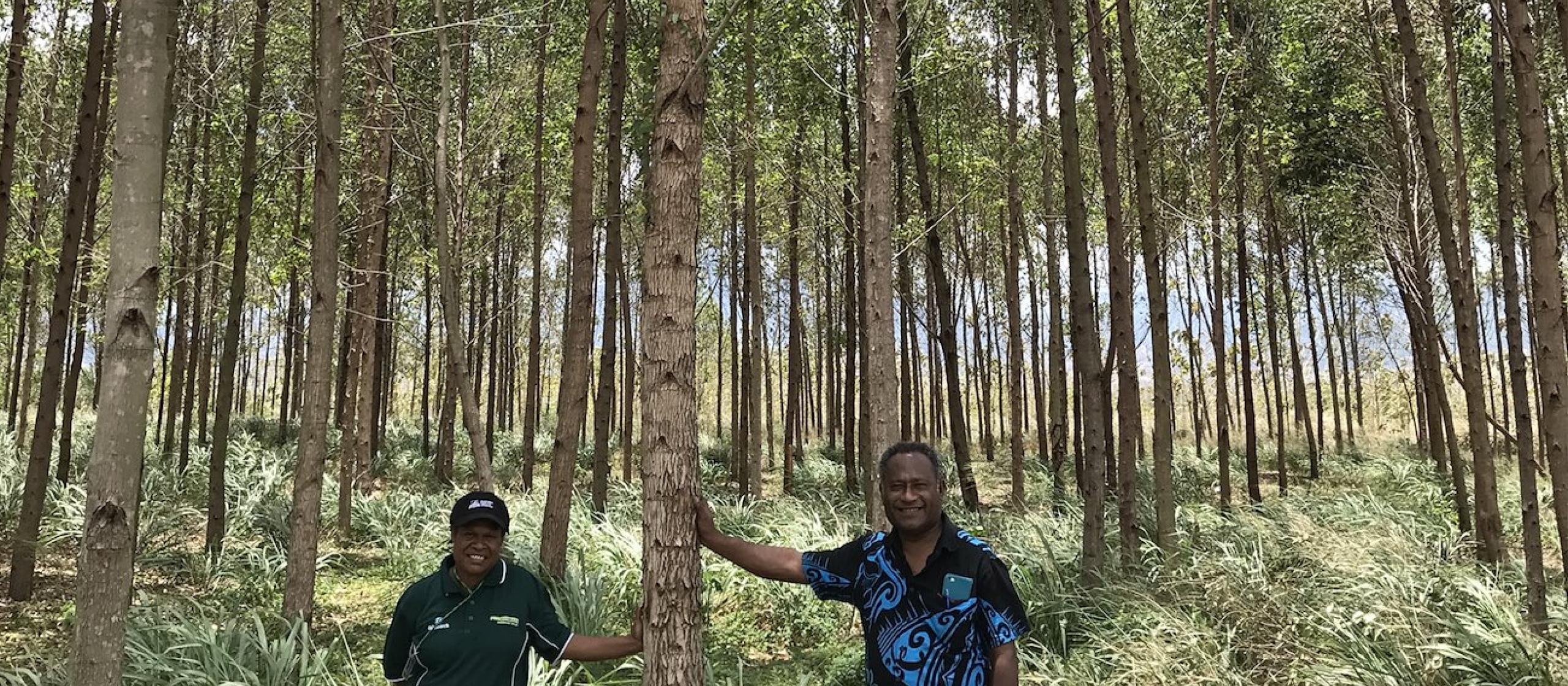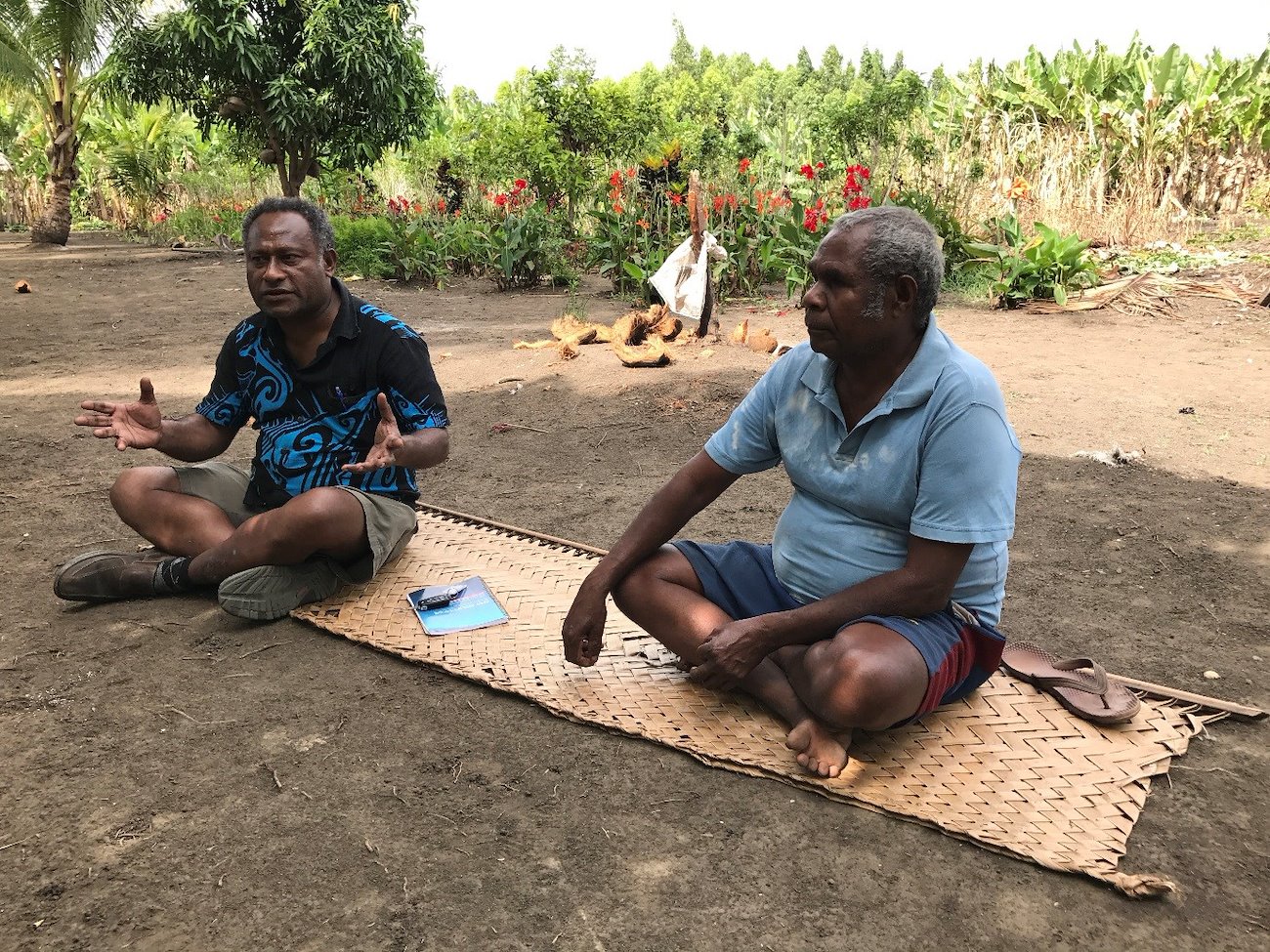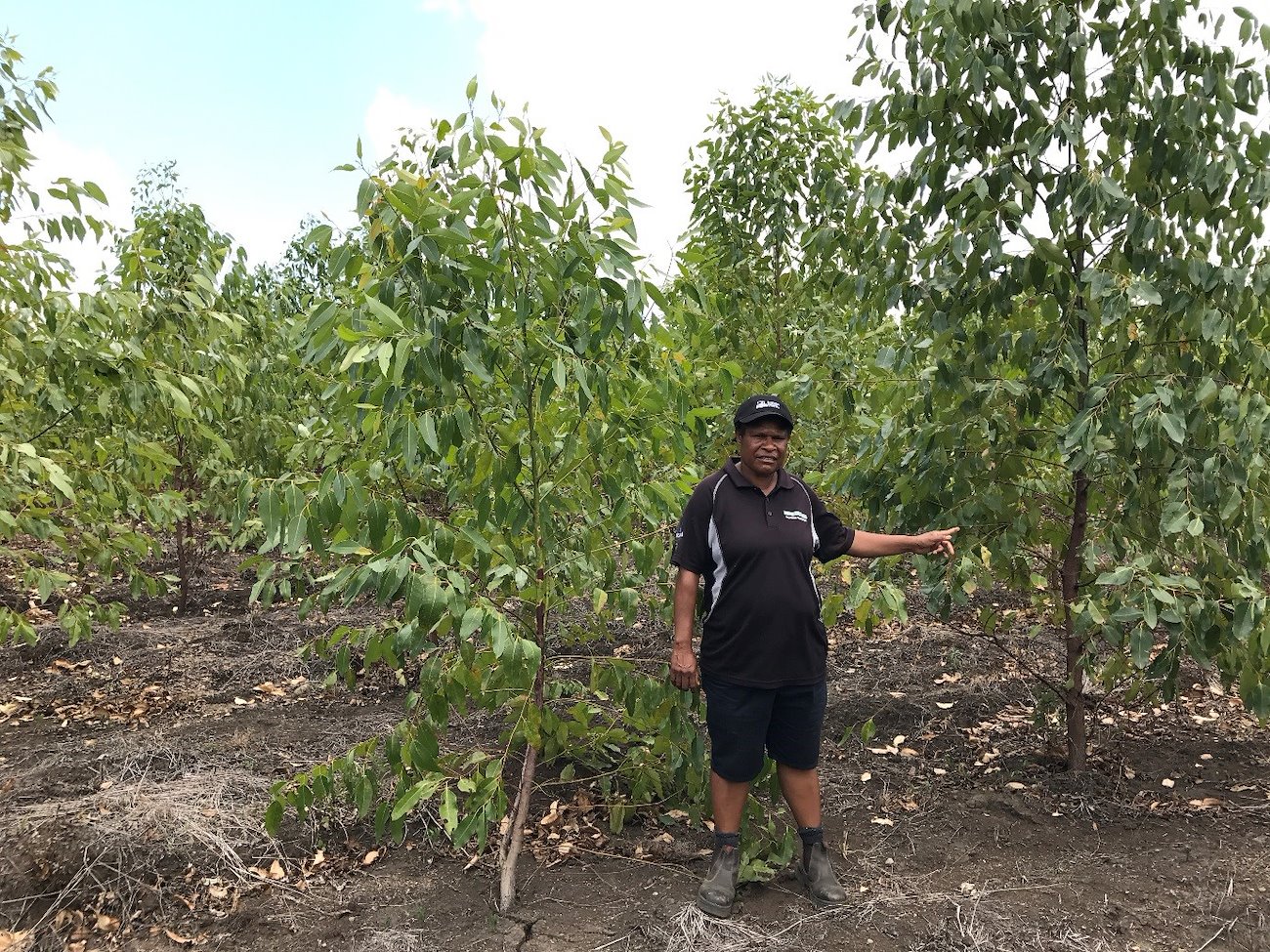- HomeHome
-
About ACIAR
- Our work
- Our people
-
Corporate information
- ACIAR Audit Committee
- Commission for International Agricultural Research
- Policy Advisory Council
- Agency reviews
- Executive remuneration disclosure
- Freedom of information (FOI)
- Gifts and benefits register
- Information publication scheme
- List of new agency files
- Contracts
- Legal services expenditure
- Privacy impact assessment register
- Commonwealth Child Safe Framework
- Benefits to Australia
- Careers
- 40 years of ACIAR
-
What we do
- Programs
- Cross-cutting areas
- Resources
- Where we work
-
Funding
- Research projects
- Fellowships
-
Scholarships
- John Allwright FellowshipScholarships to study in Australia for ACIAR partner country scientists to have Australian postgraduate qualifications
- ACIAR Pacific Agriculture Scholarships and Support and Climate Resilience Program
- Alumni Research Support Facility
- Publications
- News and Outreach
Date released
21 March 2018
ACIAR has been funding capacity building initiatives since 1986, providing a unique opportunity for early-career agricultural scientists to develop their skills and take their new-found knowledge back home. These opportunities can inspire the next generation to create larger in-country institutional evolution.
The value of investing in local talented researchers was on display during a recent trip to Papua New Guinea for an adoption study of a project in the Ramu Markham Valley.
The Ramu Markham Valley is picturesque, with tree-lined mountains surrounding a bare river valley, thought to be the result of a combination of powerful monsoonal rains shifting the river system, combined with traditional fire practices used for hunting, and deforestation for construction of housing.
The majority of the inhabitants rely on subsistence farming, with poor access to transportation and financial services such as banking.
Trees can provide a number of great services:
- Valuable trees can substitute a bank, steadily increasing in value until the funds are required,
- habitat for game,
- spiritual values,
- housing material,
- source of fruit and nuts.
The Ramu Markham Valley was identified as an area of potential research, with a project commissioned to examine the potential for suitable popular and native trees to increase the livelihoods of those who call the valley home.
To achieve not only scientific, but livelihood success, projects need to be embedded within the local communities, understanding their needs and motivations to even consider the adoption of the research outputs. Understanding the language, cultural sensitivity, and demonstrated local success are all key factors in project success.
Talented in-country early career researchers play doubly useful roles in these projects, not only contributing to the science, but on a number of the above key cultural factors.
Individually, each of the three John Allwright Fellows (JAF) associated with the project in the Ramu Markham Valley has had, or is having, major impacts on the project and engaging locals in the benefits of growing trees.
Dr Kulala Mulung completed his PhD with the ACIAR JAF scholarship, learning valuable scientific skills to implement in country. Dr Mulung was instrumental in helping shape the early stages of the PNG Biomass Project, both in its approach and use of project genetic resources. Another JAF scholar, Dr. Francis Essacu is now teaching courses related to project outputs at the PNG University of Technology, distributing the research findings to the next generation of researchers.
Finally, Ms. Gorethy Dipsen completed her Masters under the JAF scholarship associated with the project. Prior to working on the ACIAR project, Ms. Dipsen was employed by Ramu Agri Industries Ltd (RAIL) as a Biodiversity Officer, planning and establishing plantations on vacant unused areas within the company areas. Identifying Ms. Dipsen’s unique skills and knowledge cultivated by RAIL, the ACIAR project team engaged Ms. Dipsen to plan and implement activities under FST/2004/050 to achieve some key objectives. This included working with surrounding communities on plantation establishment and the rehabilitation of high conservation value buffer zones. This work has increased community awareness about the added benefits of trees, resulting in 80 to 100 farmers in the upper Markham/Ramu Valley areas managing and growing trees.
The cultivation of these skills by ACIAR and RAIL now means that Ms. Dipsen is employed by PNG Biomass’ Estate B as a plantation supervisor. In this role, Ms. Dipsen has leveraged the higher capital of private enterprise to work with communities in the establishment and management of commercial plantations in the Ramu Markham valley, elevating the findings of the ACIAR project to a large scale.
While early in her career, Ms. Dipsen now has a goal to work with 60% of people living in the communities in the famous Markham/Ramu grassland valley to plant trees, converting grassland into useful plantations, plantations that will bring income to improve their livelihoods. In addition to this work, Ms. Dipsen is an active member of PNG Women in Agriculture, sharing the value of research, forestry and international development amongst her peers.
The ripple effect of ACIAR’s investment in talented in-country individuals via scholarships and project roles is more valuable than a good-natured gesture, but a powerful method to achieve greater value for money in research for development projects.
Applications for the 2019 John Allwright Fellowship (JAF) are now open, with ACIAR welcoming participants currently working on ACIAR projects to apply before applications close 30 April 2018.





